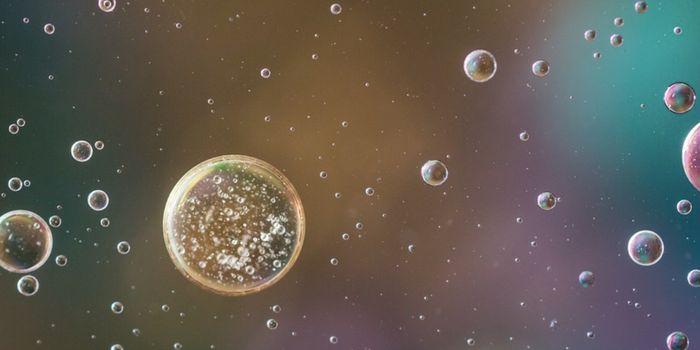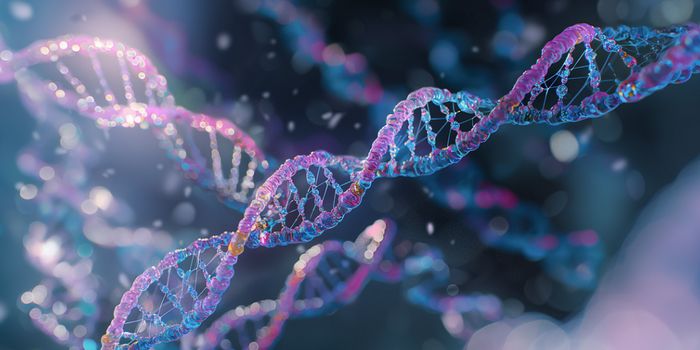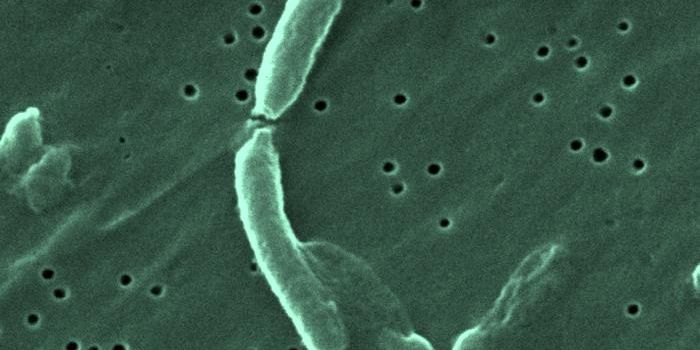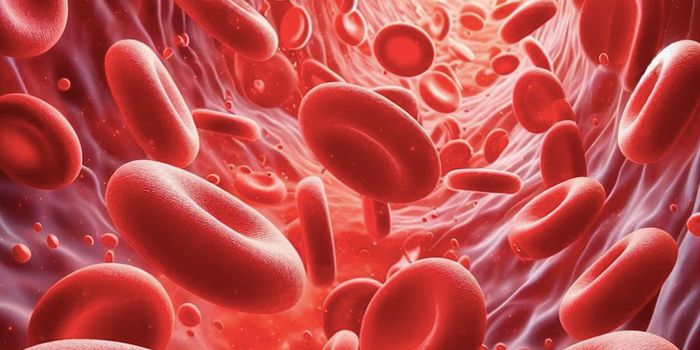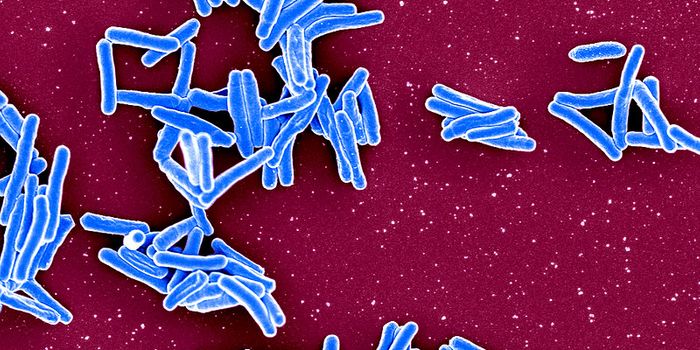Even When Cells Aren't Dividing, They can Mutate
Scientists have long thought that as a cell divides, and has to replicate its entire genome each time, it picks up genetic mutations along the way. New research by scientists at the Institut Pasteur has indicated that cells that are not dividing can also acquire a certain kind of mutation, in which nucleotide bases are lost, and deletions occur in the genome. The work has been reported in eLife.
Cells use special machinery when they divide to reliably replicate their DNA. "DNA replication machinery is powerful enough to faithfully transmit genetic information and flexible enough to allow it to evolve through variations that we call mutations," explained Benoît Arcangioli, Head of the Dynamics of the Genome Unit at the Institut Pasteur.
Our genetic code has built-in redundancy, meaning that the genome can often tolerate small errors that don't have any effect because more than one short, three nucleotide sequence can translate into the same amino acid. So most mutations are neutral, and negative or positive effects are far more unusual; but as they accumulate, it can have an impact.
"To keep it simple, the more a cell divides, the more mutations it acquires," explained Benoît Arcangioli.
Most cells don't spend much time dividing, however, especially in developed adult organisms. Many cells in such organisms are quiescent, or non-dividing. Scientists wondered, therefore, how mutations might occur in those cells.
A team of scientists led by Benoît Arcangioli at the Institut Pasteur has demonstrated that DNA in quiescent cells can mutate. "These mutations appear linearly over time and are different from those that appear during growth."
The mutations that appear during growth tend to increase specific nucleotide bases, A and T, at the expense of C and G bases; insertions also happen more often than deletions. Those features are swapped for quiescent cells, as deletions are more frequent than insertions and the nucleotide alterations shift back from A and T to G and C. The researchers suggest this brings a balance to the genome. Just like growth, quiescence also seems to be subject to the forces of natural selection, optimizing cell survival even in the absence of division.
"In many species, ranging from plants to humans, male gametes divide constantly while the opposite is observed for female gametes," added Benoît Arcangioli. "The main implication of our article is therefore that male and female gametes, each with their different mutations, will gradually impact their genetic material differently."
"This concept of mutations over time has two advantages," concluded Arcangioli. "Firstly, it is consistent with the molecular clock theory used for evolution (and expressed in years) and, secondly, it gives an evolutionary force back to female gametes."
So what is the molecular clock?
Sources: AAAS/Eurekalert! Via Institut Pasteur, eLife


